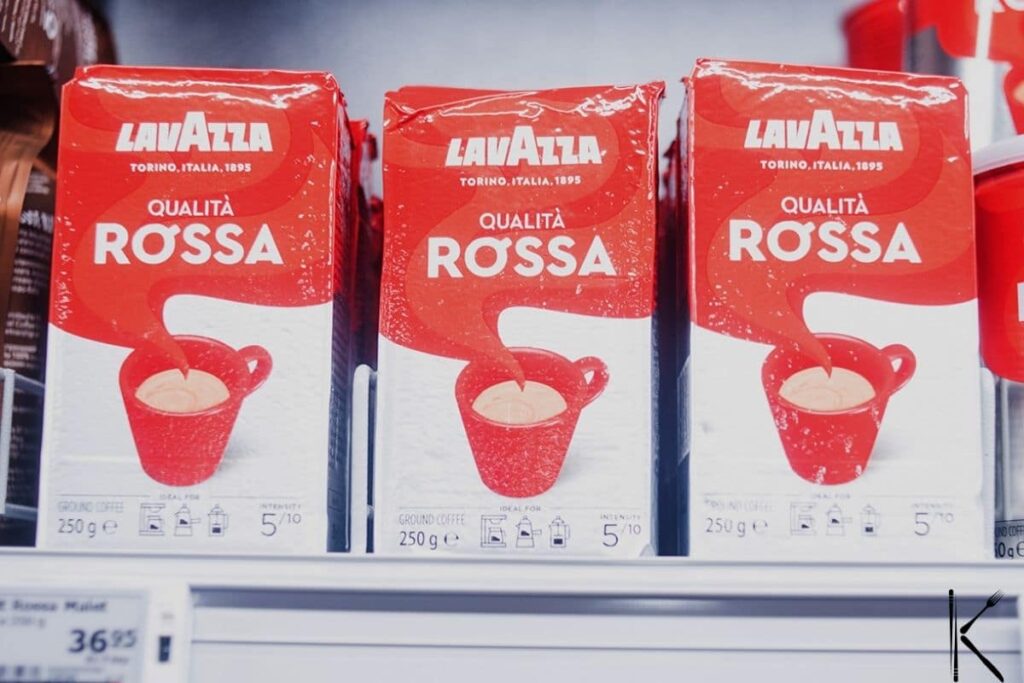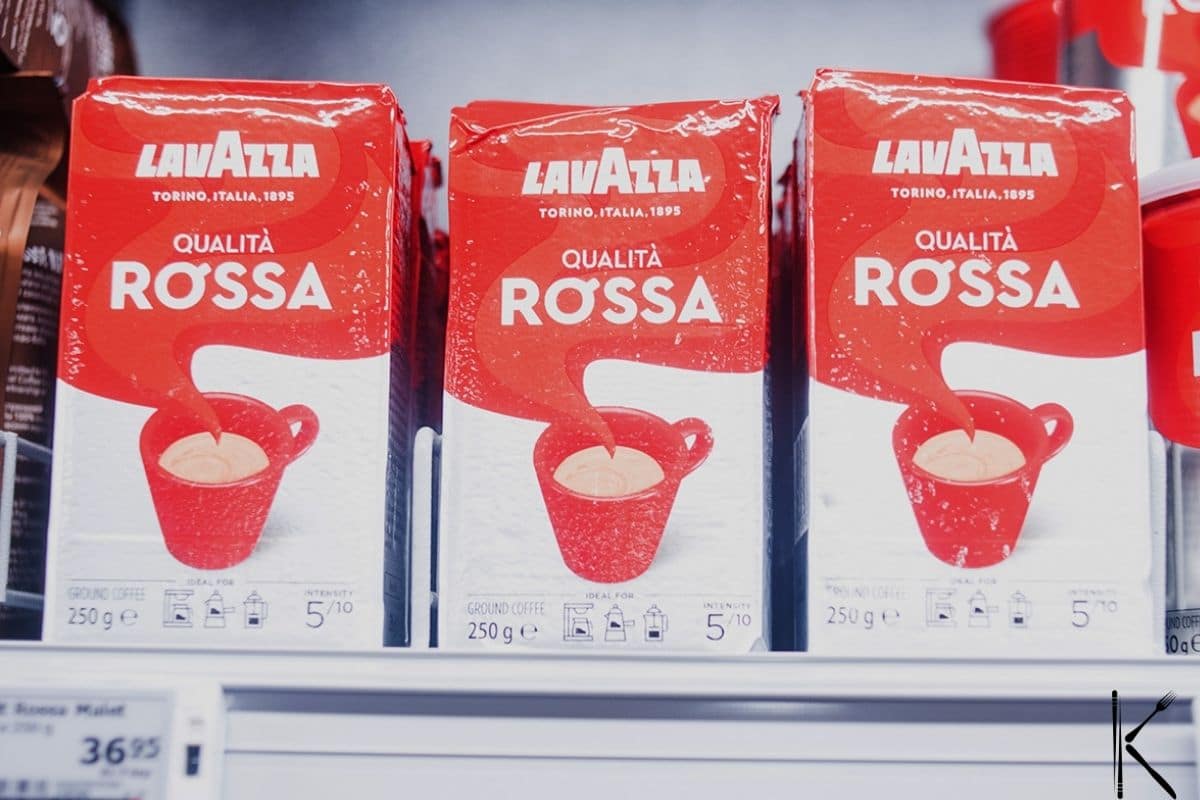
Does Canned Coffee Go Bad? Unpacking Shelf Life, Storage, and Safety
The convenience of canned coffee has exploded in popularity. From the office break room to the convenience store cooler, pre-made coffee offers a quick caffeine fix. But a fundamental question arises: does canned coffee go bad? This article delves into the shelf life, storage best practices, and safety considerations surrounding canned coffee, providing a comprehensive guide for coffee lovers and casual consumers alike.
Understanding Shelf Life: The Coffee Conundrum
The longevity of canned coffee depends on several factors, primarily the manufacturing process, the type of coffee, and the storage environment. Unlike fresh-brewed coffee, canned coffee undergoes processes that aim to extend its shelf life. These processes often include pasteurization and hermetic sealing, designed to eliminate harmful bacteria and prevent spoilage.
Generally, unopened canned coffee boasts a significantly longer shelf life than its freshly brewed counterpart. You’ll often find “best by” or “expiration” dates printed on the can. These dates are a good indicator, but they are not absolute. They represent the period during which the manufacturer guarantees the coffee’s optimal flavor and quality. Even after the date, the coffee might still be safe to consume, though the taste could degrade.
Factors Affecting Shelf Life
Several elements influence how long canned coffee remains palatable and safe:
- Manufacturing Process: The methods used to produce canned coffee play a vital role. High-quality canning techniques that ensure a tight seal and effective pasteurization contribute to a longer shelf life.
- Type of Coffee: The type of coffee used can impact shelf life. For instance, coffee with higher oil content might go rancid faster. The roasting process also matters; darker roasts may have a slightly shorter shelf life.
- Storage Conditions: Proper storage is paramount. Canned coffee stored in a cool, dark, and dry place will last longer than coffee exposed to heat, light, and humidity.
Decoding the “Best By” Date
The “best by” date is a crucial piece of information. It is the manufacturer’s estimation of when the coffee will be at its peak quality. After this date, the coffee isn’t necessarily unsafe, but the flavor and aroma may begin to decline. The coffee might become less vibrant, lose some of its complexities, and potentially develop a slightly stale taste.
However, the “best by” date is not a hard-and-fast rule. Canned coffee can often remain safe to drink for weeks or even months past the printed date, provided it has been stored correctly and shows no signs of spoilage. [See also: How to Read Food Labels for Optimal Freshness]
Identifying Spoiled Canned Coffee: Safety First
While canned coffee is generally safe, it’s essential to be aware of signs of spoilage. Consuming spoiled coffee can lead to illness. Here are some indicators that your canned coffee might have gone bad:
- Bulging Can: A bulging can is a major red flag. This indicates that gases are building up inside, which can be a sign of bacterial growth. Discard the can immediately.
- Leaks: Any sign of leakage from the can signifies a compromised seal, which could allow bacteria to enter.
- Unpleasant Odor: If the coffee emits a sour, rancid, or otherwise off-putting smell, it’s likely spoiled.
- Change in Appearance: Any unusual changes in the coffee’s appearance, such as cloudiness, sediment, or mold, are clear indicators of spoilage.
- Off Taste: If the coffee tastes sour, metallic, or otherwise unpleasant, it’s best to discard it.
Proper Storage: Maximizing Shelf Life
Correct storage practices are key to extending the shelf life of canned coffee and maintaining its quality. Here’s how to store canned coffee effectively:
- Unopened Cans: Store unopened cans in a cool, dark, and dry place. A pantry or cupboard away from direct sunlight and heat sources is ideal.
- Refrigeration: While not strictly necessary for unopened cans, refrigeration can help preserve the coffee’s flavor and freshness, especially in warmer climates.
- Opened Cans: Once opened, canned coffee should be refrigerated promptly. Transfer the remaining coffee to an airtight container to prevent it from absorbing odors from other foods and to minimize exposure to air, which can degrade the coffee’s flavor. Consume within a day or two for the best taste.
- Avoid Extreme Temperatures: Do not store canned coffee in areas with extreme temperatures, such as near a stove or in a car during hot weather.
The Science Behind Spoilage: What Happens When Canned Coffee Goes Bad
The spoilage process in canned coffee usually involves microbial activity. Bacteria, yeast, and mold can thrive in the presence of moisture and nutrients, breaking down the coffee components and producing undesirable byproducts. These byproducts are what cause the off-odors, off-flavors, and changes in appearance associated with spoiled coffee.
Proper canning techniques, including pasteurization and hermetic sealing, aim to eliminate these microorganisms. However, if the seal is compromised or if bacteria survive the initial processing, spoilage can occur. [See also: The Science of Coffee Roasting and Flavor Development]
Canned Coffee vs. Other Coffee Types: A Comparative Glance
Let’s compare canned coffee to other coffee formats to provide context:
- Freshly Brewed Coffee: This has the shortest shelf life, typically lasting only a few hours at room temperature. Refrigeration can extend its life to a day or two.
- Coffee Beans: Whole bean coffee can last for several weeks or even months when stored properly in an airtight container. Grinding the beans exposes more surface area to air, accelerating flavor degradation.
- Ground Coffee: Ground coffee has a shorter shelf life than whole beans, typically lasting for a few weeks in an airtight container.
- Coffee Concentrate: Coffee concentrates, often used in iced coffee or specialty drinks, can have a longer shelf life than brewed coffee, often stored in the refrigerator for several weeks.
Making the Most of Your Canned Coffee
To fully appreciate the convenience and flavor of canned coffee, follow these tips:
- Check the Date: Always check the “best by” or expiration date before consuming canned coffee.
- Inspect the Can: Before opening, examine the can for any signs of damage, bulging, or leaks.
- Smell and Taste: If the can looks good, give the coffee a sniff and a small taste before drinking the entire serving.
- Experiment with Flavors: Canned coffee comes in a wide variety of flavors, from classic black coffee to flavored options. Explore different brands and flavors to find your favorites.
- Consider Alternatives: If you have concerns about the shelf life of canned coffee, consider making your own cold brew or purchasing coffee beans and brewing your own coffee.
The Final Verdict: Does Canned Coffee Truly Go Bad?
So, does canned coffee go bad? The answer is yes, but with important caveats. While canned coffee is designed for a longer shelf life than fresh coffee, it is not impervious to spoilage. Proper storage and awareness of the signs of spoilage are essential to ensure both safety and enjoyment. By understanding the factors that affect shelf life and knowing how to identify spoiled coffee, you can confidently enjoy the convenience of canned coffee without worrying about compromising your health or your taste buds. Always prioritize safety and rely on your senses to determine if your canned coffee is still good to drink.
Ultimately, canned coffee offers a convenient and often delicious way to get your caffeine fix. By following the guidelines outlined in this article, you can make informed decisions and savor every sip of your favorite canned brew.


